
Bukit Timah Nature Reserve: Singapore's Natural Jewel
Bukit Timah Nature Reserve is a lush, green haven in the heart of Singapore. This 163-hectare reserve is one of the oldest rainforests in the world, dating back over 400 years. It is home to a rich biodiversity of flora and fauna, making it a sanctuary for nature lovers and wildlife enthusiasts. The reserve features Bukit Timah Hill, Singapore's highest natural point at 163 meters above sea level. Trekking to the summit offers rewarding views and a sense of accomplishment. Along the way, you will encounter a variety of trails that cater to different fitness levels. The trails are well-marked, and you can explore the dense forest canopy, giant trees, and exotic plants. Besides hiking, Bukit Timah Nature Reserve is also a hotspot for spotting native wildlife. Keep an eye out for long-tailed macaques, flying lemurs, and a myriad of bird species. The reserve's visitor center provides educational exhibits about the area's natural history and conservation efforts, enhancing your understanding and appreciation of this pristine environment.
Local tips in Bukit Timah Nature Reserve
- Wear comfortable hiking shoes as the trails can be steep and uneven.
- Bring plenty of water and stay hydrated, especially in the humid weather.
- Visit early in the morning to avoid the midday heat and larger crowds.
- Keep a safe distance from wildlife and do not feed the animals.
- Check the weather forecast before visiting as trails may be slippery after rain.
Bukit Timah Nature Reserve: Singapore's Natural Jewel
Bukit Timah Nature Reserve is a lush, green haven in the heart of Singapore. This 163-hectare reserve is one of the oldest rainforests in the world, dating back over 400 years. It is home to a rich biodiversity of flora and fauna, making it a sanctuary for nature lovers and wildlife enthusiasts. The reserve features Bukit Timah Hill, Singapore's highest natural point at 163 meters above sea level. Trekking to the summit offers rewarding views and a sense of accomplishment. Along the way, you will encounter a variety of trails that cater to different fitness levels. The trails are well-marked, and you can explore the dense forest canopy, giant trees, and exotic plants. Besides hiking, Bukit Timah Nature Reserve is also a hotspot for spotting native wildlife. Keep an eye out for long-tailed macaques, flying lemurs, and a myriad of bird species. The reserve's visitor center provides educational exhibits about the area's natural history and conservation efforts, enhancing your understanding and appreciation of this pristine environment.
When is the best time to go to Bukit Timah Nature Reserve?
Iconic landmarks you can’t miss
Bukit Batok Nature Park
Explore Bukit Batok Nature Park, a serene nature preserve in Singapore, perfect for hiking, birdwatching, and enjoying scenic views of lush landscapes.
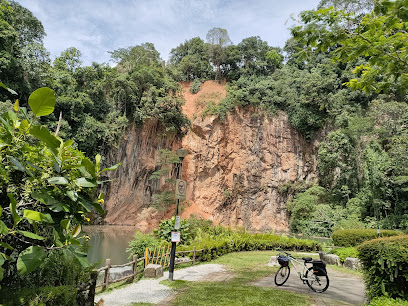
Bukit Timah Railway Station
Explore the historical essence of Bukit Timah Railway Station, a charming landmark that showcases Singapore's rich railway heritage amidst stunning natural scenery.
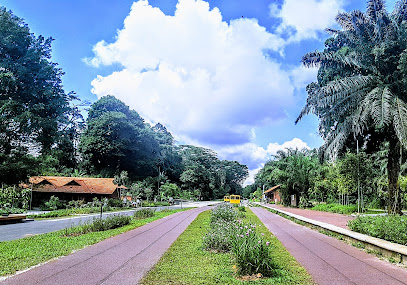
Dairy Farm Nature Park
Discover the tranquility of Dairy Farm Nature Park, an idyllic retreat in Singapore filled with scenic trails, diverse wildlife, and educational experiences.
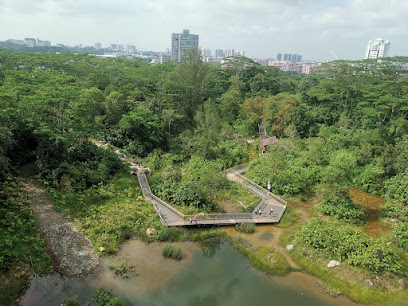
Bukit Timah Nature Reserve Visitor Centre
Discover the lush biodiversity and scenic trails of Bukit Timah Nature Reserve Visitor Centre, Singapore's premier destination for nature lovers and hikers.
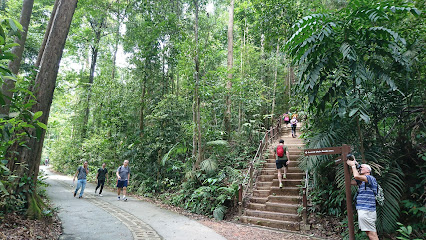
Hindhede Nature Park
Explore the serene beauty of Hindhede Nature Park, a tranquil escape in Bukit Panjang filled with lush greenery and scenic trails.
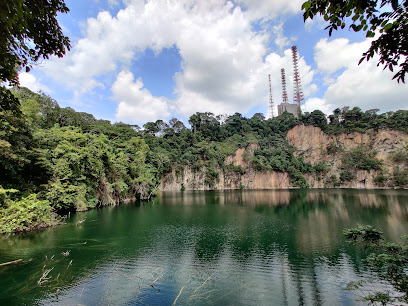
Bukit Timah Nature Reserve, BTNR Hindhede
Discover the biodiversity and scenic beauty of Bukit Timah Nature Reserve, Singapore's premier nature preserve for hiking and wildlife observation.
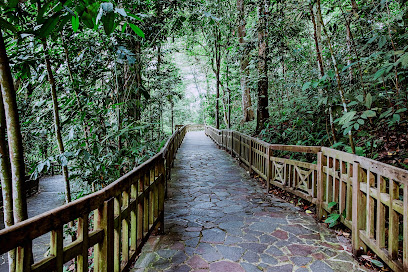
Rifle Range Nature Park
Explore Rifle Range Nature Park, a serene nature preserve in Singapore offering scenic trails, diverse wildlife, and a tranquil escape from city life.
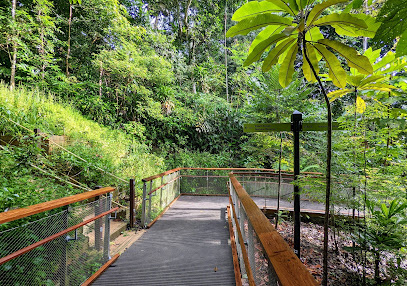
Rail Corridor (Bukit Timah)
Explore the Rail Corridor (Bukit Timah), Singapore's longest green corridor, where lush landscapes meet rich biodiversity in a serene hiking experience.
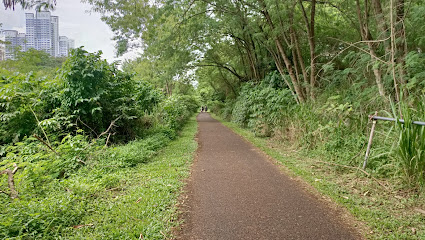
Bukit Timah Hill
Discover Bukit Timah Hill, the highest peak in Singapore, where adventure, nature, and stunning views await every visitor.
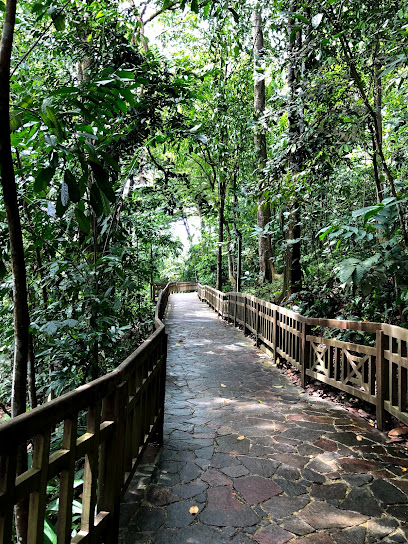
Bukit Timah Summit
Discover the breathtaking views and rich biodiversity at Bukit Timah Summit, Singapore's highest natural point and a must-visit tourist attraction.
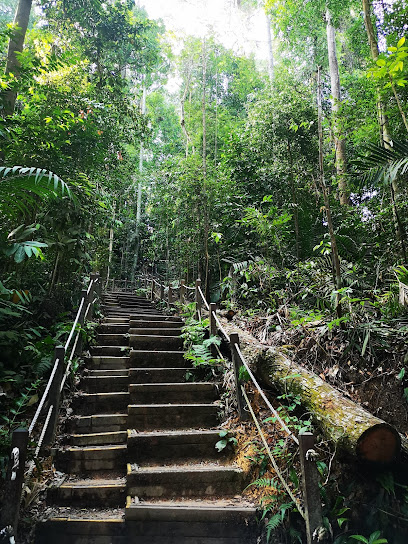
Rail Corridor Central
Explore Rail Corridor Central, a lush hiking area in Singapore, where nature and history intertwine along a scenic 24-kilometer pathway.
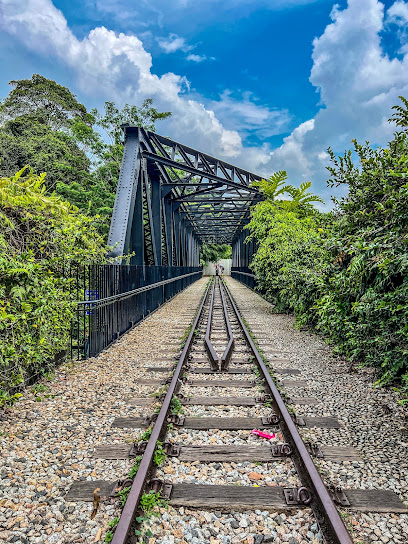
Bukit Timah Railway Station Community Node
Explore the historical Bukit Timah Railway Station Community Node, a serene park blending nature and Singapore's railway heritage in one memorable experience.
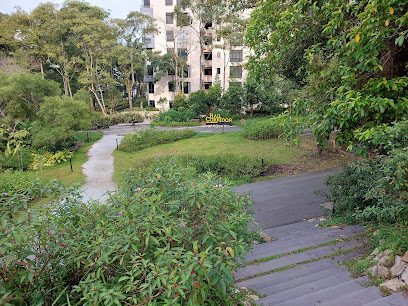
Mayfair Park
Explore the lush greenery and tranquil atmosphere of Mayfair Park in Bukit Timah, a serene retreat perfect for relaxation and outdoor activities.
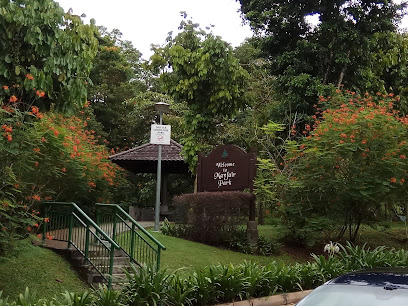
Eco-Link @ BKE
Discover Eco-Link @ BKE, Singapore's innovative ecological park bridging nature and urban life, where biodiversity thrives in harmony with city living.
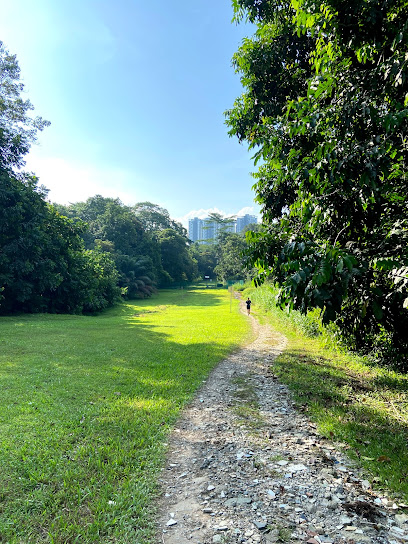
Gaharu Trail
Explore Gaharu Trail in Bukit Timah Nature Reserve, a picturesque hiking area showcasing Singapore's natural beauty and biodiversity.
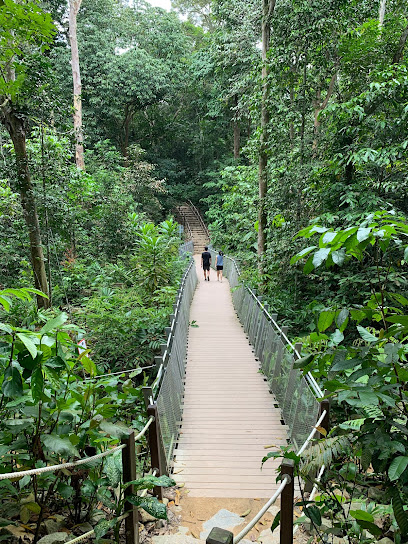
Unmissable attractions to see
Changi City Point
Explore Changi City Point, a vibrant shopping mall in Singapore, featuring over 200 stores and diverse dining options, perfect for every traveler.
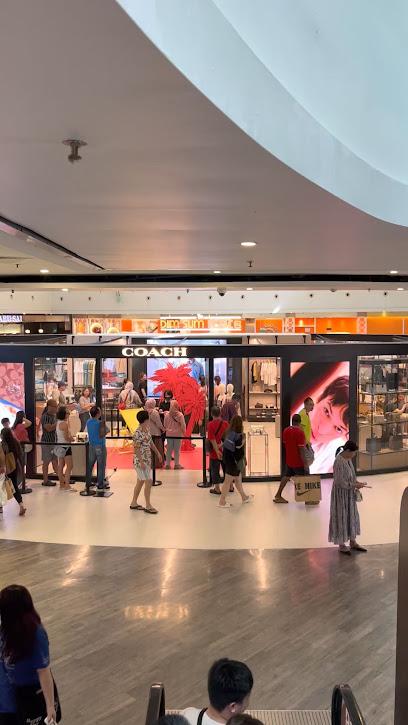
Clarke Quay Central
Discover a shopping paradise at Clarke Quay Central, a vibrant hub of retail, dining, and entertainment in the heart of Singapore.
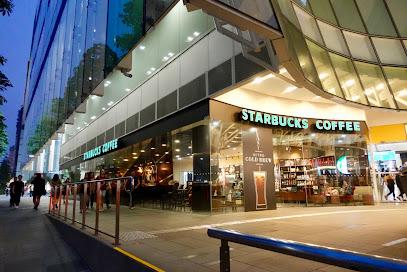
Sentosa Merlion
Discover the Sentosa Merlion, a majestic symbol of Singapore's heritage, offering stunning views and cultural insights on your travels.
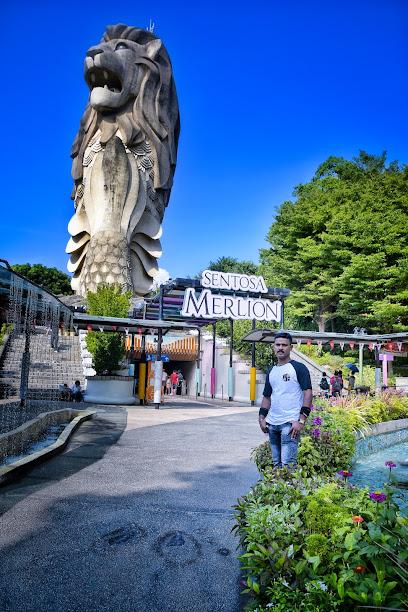
MUSEUM OF ICE CREAM SINGAPORE
Discover joy and creativity at the Museum of Ice Cream Singapore, where interactive exhibits and delicious treats await every visitor.

Bukit Batok Nature Park
Explore the serene landscapes and rich biodiversity of Bukit Batok Nature Park, a must-visit nature preserve in Singapore's urban heart.
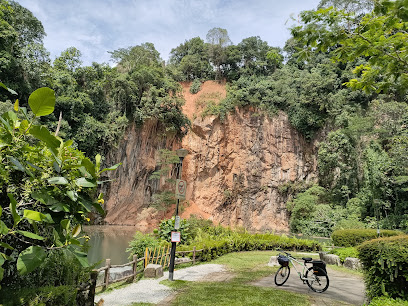
Sands Theatre
Experience world-class performances at Sands Theatre in Marina Bay Sands, Singapore's premier destination for entertainment and culture.
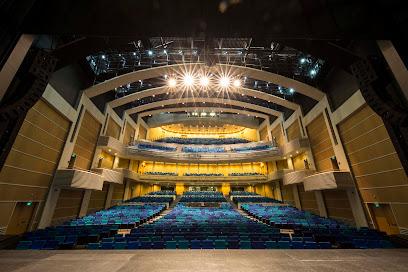
Jacob Ballas Children's Garden
Explore the vibrant Jacob Ballas Children's Garden, Singapore's enchanting oasis that nurtures children's love for nature and play.
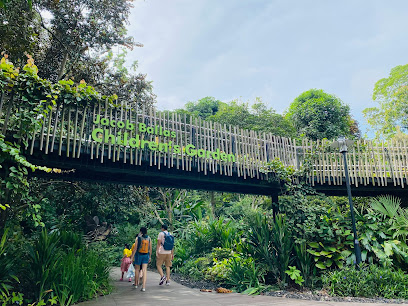
HSBC Rain Vortex
Discover the breathtaking HSBC Rain Vortex, the world's tallest indoor waterfall at Jewel Changi Airport, a stunning blend of nature and architecture.
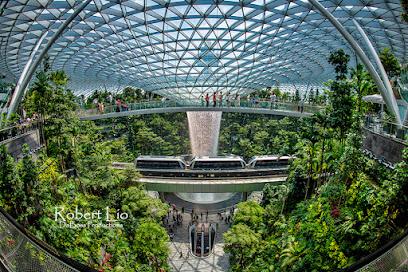
Upper Peirce Reservoir Park
Explore the tranquility of Upper Peirce Reservoir Park, a scenic haven in Singapore perfect for nature lovers and relaxation seekers.
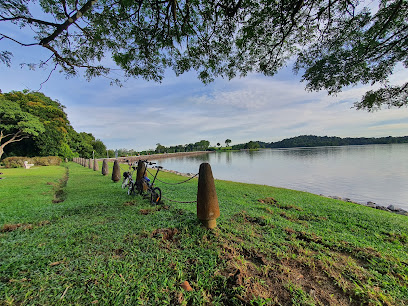
Snow City Singapore
Experience the thrill of winter in Singapore at Snow City, where snow-filled adventures await for all ages in a delightful indoor setting.
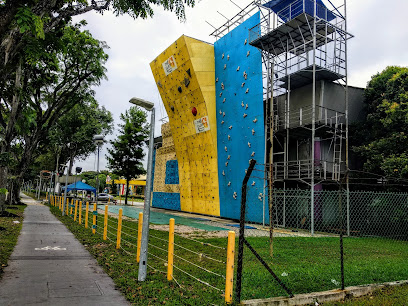
Macritchie Treetop Walk Trailhead
Discover the enchanting Macritchie Treetop Walk, where adventure meets nature in Singapore's lush Central Catchment Nature Reserve.
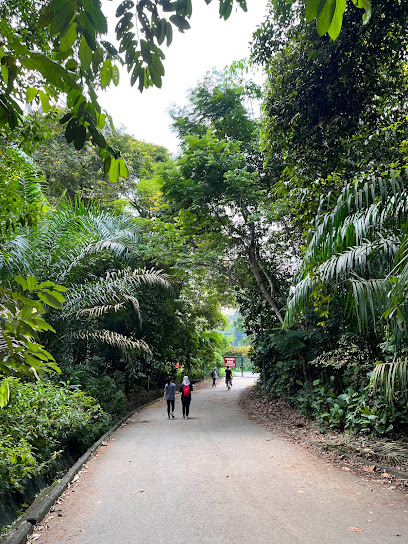
Little Guilin
Experience the serene beauty of Little Guilin, a stunning quarry park in Singapore with breathtaking granite cliffs and tranquil waters, perfect for nature lovers.
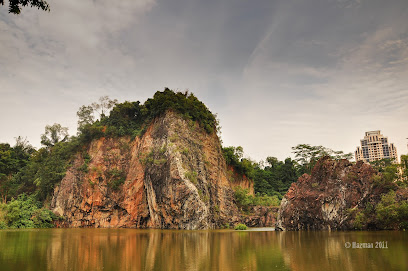
Former Ford Factory
Explore Singapore's World War II history at the Former Ford Factory, a captivating museum showcasing the nation's resilience and transformation.

Chek Jawa Wetlands
Explore the breathtaking biodiversity of Chek Jawa Wetlands, a serene escape on Singapore's North Eastern Islands, perfect for nature lovers and adventurers.
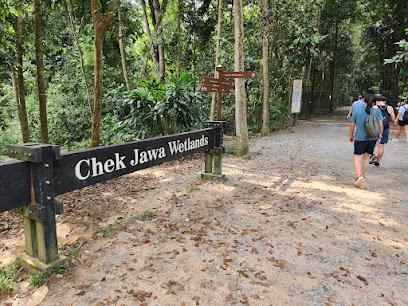
Seletar Country Club
Discover tranquility and luxury at Seletar Country Club, Singapore's premier destination for relaxation, recreation, and fine dining.

Essential places to dine
Bukit Timah Market & Food Centre
Discover diverse culinary treasures at Bukit Timah Market & Food Centre, Singapore's vibrant hawker haven for delicious street food.
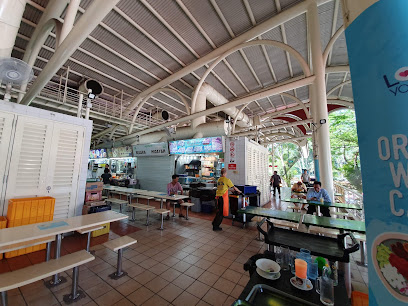
Al-Azhar Restaurant
Savor the essence of India at Al-Azhar Restaurant - where rich flavors meet warm hospitality in Bukit Timah.
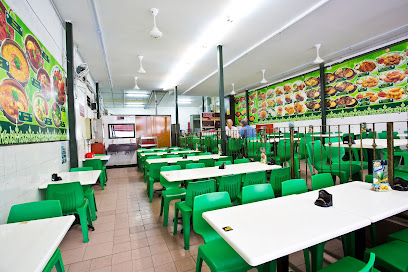
iO Italian Osteria
Discover authentic Italian flavors at iO Italian Osteria in Bukit Batok – where tradition meets modern dining in Singapore.
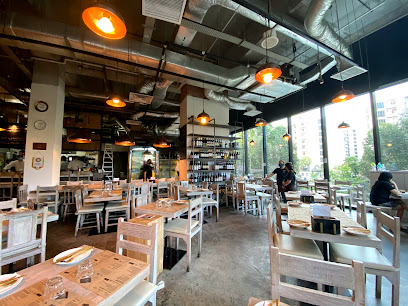
Sumac @ Temasek Club
Experience culinary diversity at Sumac @ Temasek Club with Halal Indian Muslim delights amidst serene surroundings in Singapore.
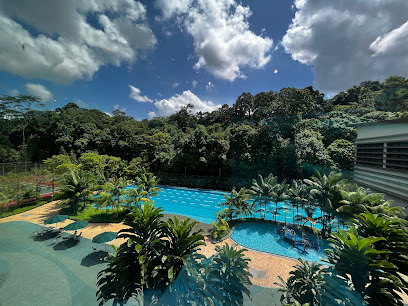
Meat n' Chill • Steak n' Ribs Restaurant
Discover Meat n' Chill: A premier steakhouse in Singapore serving mouthwatering American barbecue and craft beverages in a cozy atmosphere.
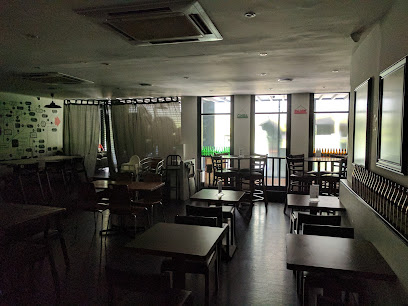
Al-Ameen@BukitTimah
Discover the vibrant flavors of India and Thailand at Al-Ameen@BukitTimah – where every meal is a celebration of taste.
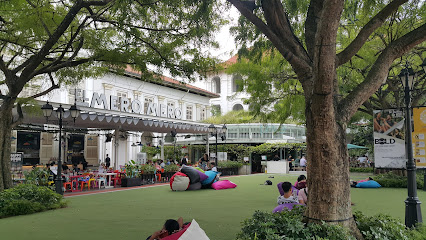
LINO @ Binjai Park
Experience authentic Italian flavors at LINO @ Binjai Park, where artisan pizzas meet exquisite ambiance amidst lush greenery.
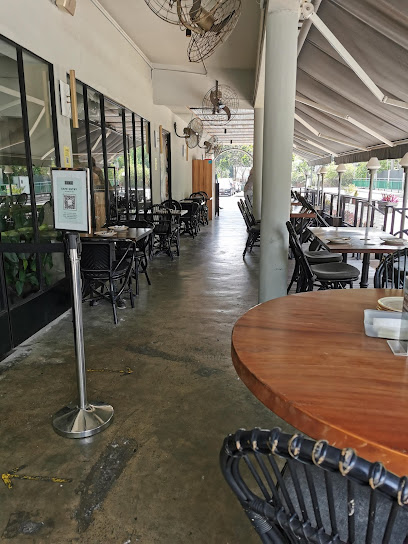
Buddy Hoagies Steak & Grill Restaurant (Bukit Timah)
Savor mouthwatering steaks and delightful Western cuisine at Buddy Hoagies Steak & Grill in Bukit Timah - a must-visit culinary destination.
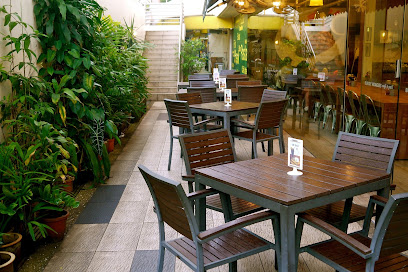
O.BBa Jjajang & BBQ
Experience authentic Korean cuisine with mouth-watering barbecue and traditional dishes at O.BBa Jjajang & BBQ in Bukit Timah.
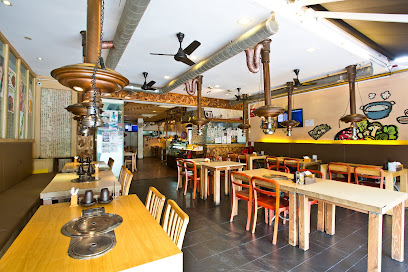
Three Meals A Day
Experience authentic Korean cuisine at Three Meals A Day in Bukit Timah - a must-visit dining destination in Singapore.

KOON Bak Kut Teh 坤肉骨茶
Experience authentic Singaporean cuisine at KOON Bak Kut Teh - home to the legendary pork rib soup that delights locals and tourists alike.
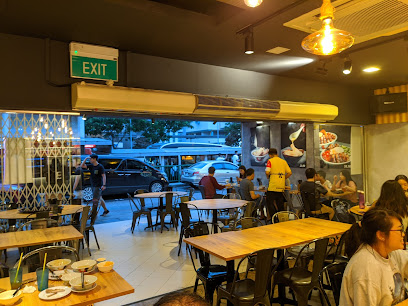
Green on Earth Vegetarian Cafe
Discover healthy delights at Green on Earth Vegetarian Cafe - where delicious meets nutritious in Bukit Panjang, Singapore.
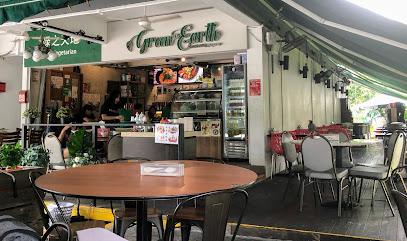
Relish by Wild Rocket
Experience delightful brunches and modern bistro dining at Relish by Wild Rocket in Singapore - perfect for families and food lovers.
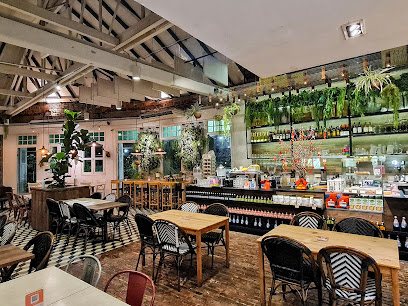
Micasa Kitchen & Bar
Discover culinary excellence at Micasa Kitchen & Bar - where grilled delights meet fine wines in Singapore's Bukit Timah.
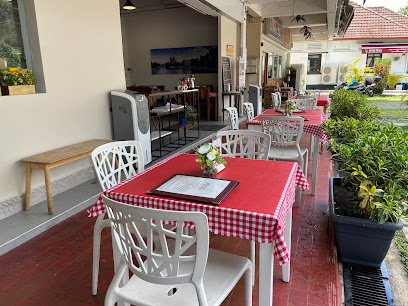
Choupinette
Experience authentic French cuisine at Choupinette - where every meal feels like a journey to Paris.
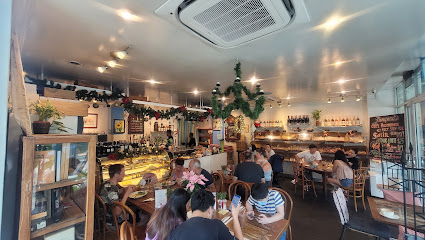
Markets, malls and hidden boutiques
Bukit Timah Nature Reserve
Experience the rich biodiversity and scenic trails of Bukit Timah Nature Reserve, Singapore's premier nature preserve for adventure and tranquility.
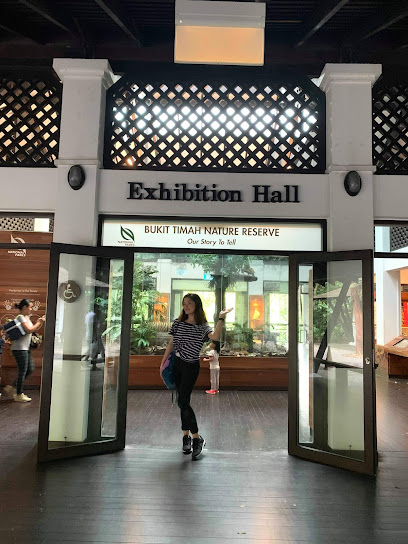
The Rail Mall
Explore The Rail Mall in Singapore, a vibrant shopping and dining destination perfect for all your retail therapy needs.
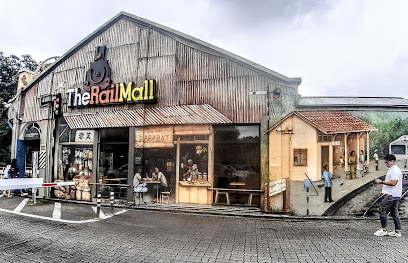
COURTS Bukit Timah
Discover an extensive range of electronics and home appliances at COURTS Bukit Timah, Singapore's top destination for tech enthusiasts and savvy shoppers.
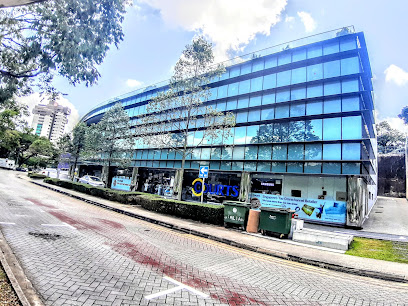
Bukit Timah Plaza
Discover Bukit Timah Plaza: A vibrant shopping mall in Singapore with diverse retail options, delicious dining, and a welcoming atmosphere.
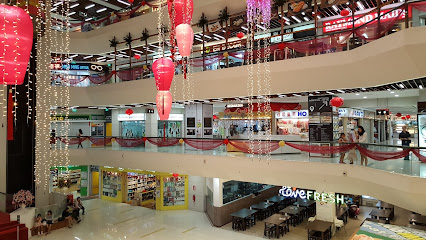
Atlas Coffeehouse
Discover the charm of Atlas Coffeehouse, where artisanal coffee and delectable brunch come together in a cozy Bukit Timah setting.
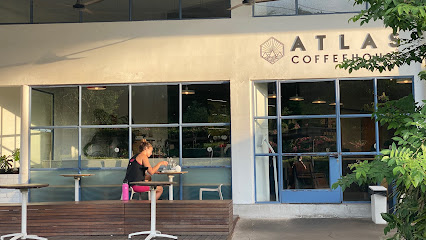
Carpenter & Cook
Experience the charm of Carpenter & Cook, a cozy café and bakery in Bukit Timah, Singapore, serving delectable pastries and artisanal coffee.
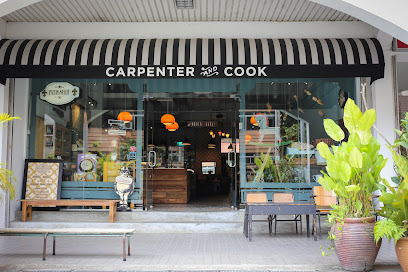
FairPrice Finest Bukit Timah Plaza
Discover the flavors of Singapore at FairPrice Finest Bukit Timah Plaza, your ultimate grocery destination for local and international delicacies.
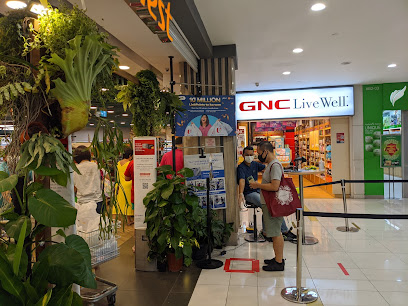
Bukit Timah Nature Reserve Visitor Centre
Discover Singapore's biodiversity at the Bukit Timah Nature Reserve Visitor Centre, your gateway to lush trails and wildlife encounters.
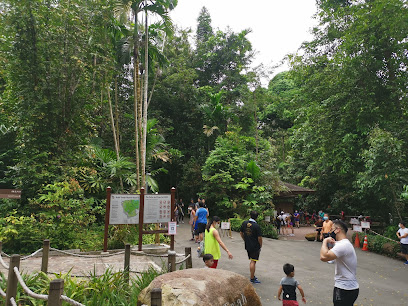
Holland Road Shopping Centre
Experience the vibrant atmosphere and diverse shopping options at Holland Road Shopping Centre, a must-visit destination in Singapore.
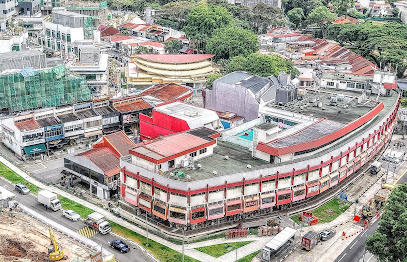
FlagWhite
Experience the flavors of FlagWhite Cafe in Bukit Timah, where delicious brunches and delectable desserts await in a cozy setting.
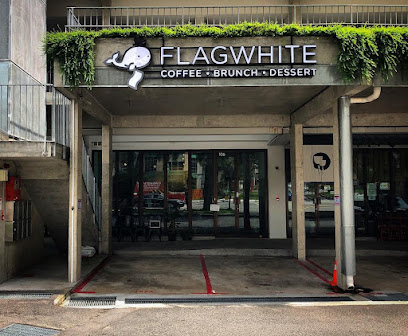
Hindhede Nature Park
Experience the serene beauty of Hindhede Nature Park, a nature preserve in Bukit Panjang, perfect for relaxation and exploration.
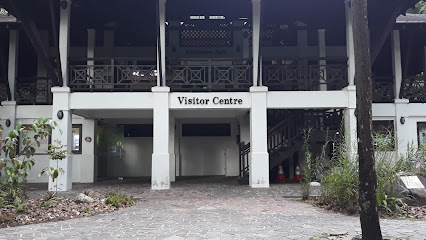
Beauty World Plaza
Discover the charm of Beauty World Plaza, a vibrant shopping mall in Bukit Timah, offering local boutiques, delicious dining, and a taste of Singaporean culture.
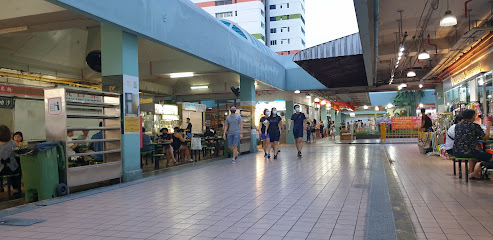
Cluny Court
Explore Cluny Court: A charming boutique shopping destination in Singapore featuring unique shops and delightful cafes amidst lush surroundings.
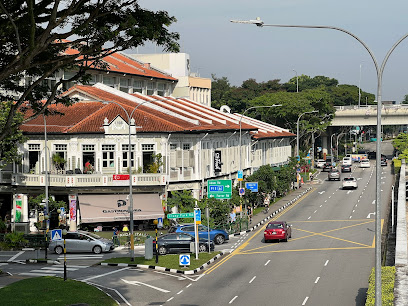
Bukit Timah Nature Reserve, BTNR Hindhede
Discover the stunning Bukit Timah Nature Reserve, Singapore's rich biodiversity haven with lush trails and breathtaking views.
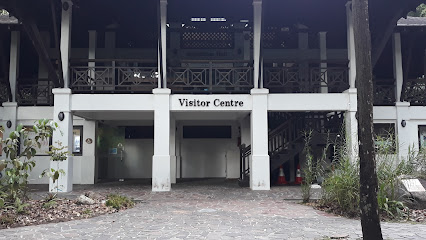
Rifle Range Nature Park
Explore the lush greenery and wildlife at Rifle Range Nature Park, a serene escape in Singapore perfect for nature lovers and outdoor enthusiasts.
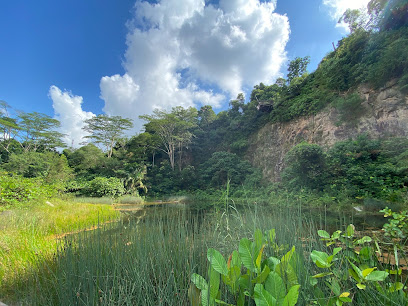
Essential bars & hidden hideouts
Wala Wala Cafe Bar
Experience the vibrant atmosphere of Wala Wala Cafe Bar, a must-visit spot in Singapore's Holland Village for great food, drinks, and live music.
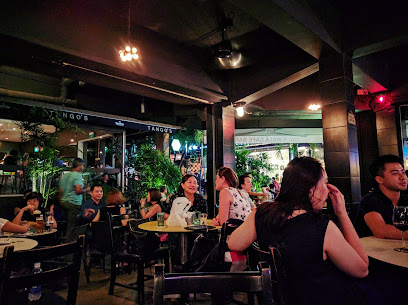
Micasa Kitchen & Bar
Experience a culinary haven at Micasa Kitchen & Bar, where grill specialties and fresh pasta meet a vibrant atmosphere in Singapore.
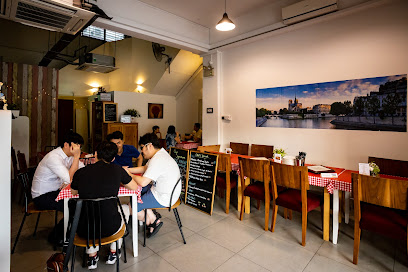
Bar Bar Black Sheep @ Cherry Ave
Discover a vibrant gastropub in Bukit Timah, Singapore, where Indian flavors meet classic pub fare in a lively atmosphere.
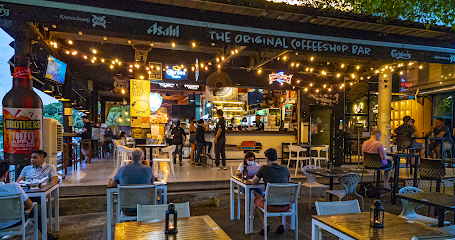
BLooiE's Roadhouse
Discover a delightful dining experience at BLooiE's Roadhouse in Bukit Panjang, where a diverse menu meets a cozy atmosphere.
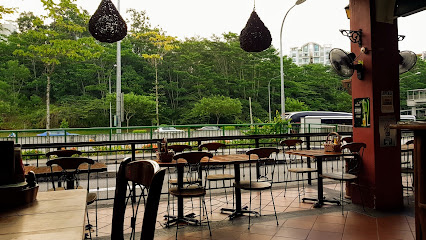
The Jolly Roger
The Jolly Roger: A lively restaurant and pub in Bukit Batok, Singapore, offering delicious food and a fantastic selection of drinks in a vibrant atmosphere.
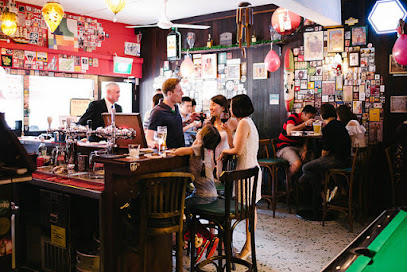
Orh Gao Taproom Craft beer bar
Explore a world of flavors at Orh Gao Taproom, Singapore's premier destination for craft beer lovers and food enthusiasts.
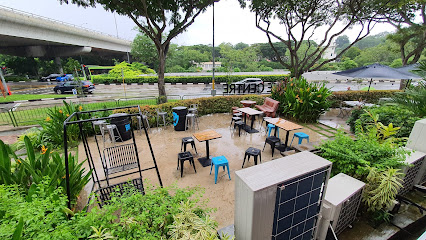
Sixteen Ounces Bar & Kitchen
Experience a delightful blend of bistro elegance and bar comfort at Sixteen Ounces Bar & Kitchen in Singapore's vibrant The Rail Mall.

Lazy Lizard - Sixth Avenue
Discover the vibrant charm of Lazy Lizard - Sixth Avenue, a lively bar and restaurant in Singapore offering delicious American and English cuisine.
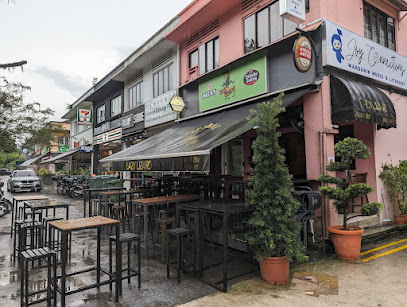
Tango's
Experience the vibrant flavors of Singapore at Tango's, a premier bar and restaurant in Bukit Timah that delights every palate.
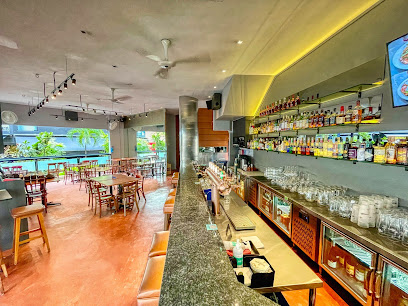
The Pit
Discover The Pit in Bukit Timah, Singapore, a lively bar and restaurant offering a delicious menu and a vibrant atmosphere for an unforgettable night out.

Better Days Cafe & Bar
Discover the delightful fusion of cafe charm and bar energy at Better Days Cafe & Bar in Bukit Timah, Singapore.
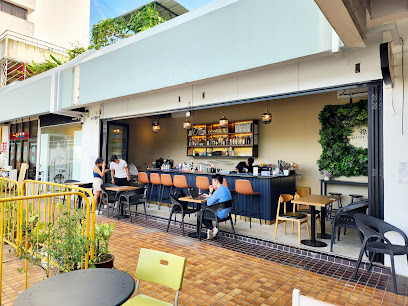
Bojangles
Discover the vibrant atmosphere at Bojangles, a unique bar and restaurant in Bukit Timah, Singapore, offering delicious food and drinks.
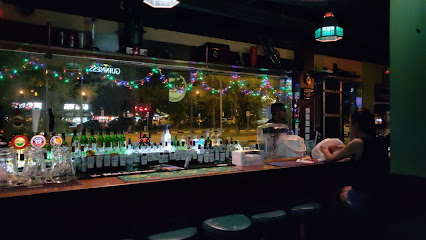
Valle
Experience the vibrant atmosphere and exquisite flavors at Valle, the ultimate bar and pizza restaurant in Bukit Timah, Singapore.
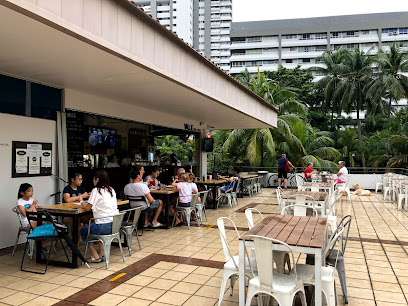
Hideaway @ Arcadia
Discover unique flavors at Hideaway @ Arcadia, a grill restaurant in Bukit Timah, Singapore, where culinary creativity meets a vibrant atmosphere.
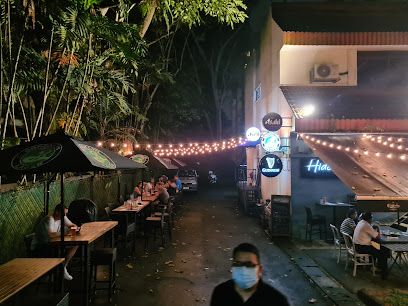
Local Phrases about Bukit Timah Nature Reserve
-
- Hello你好
[Nǐ hǎo] - Goodbye再见
[Zàijiàn] - Yes是
[Shì] - No不
[Bù] - Please/You're welcome请
[Qǐng] - Thank you谢谢
[Xièxiè] - Excuse me/Sorry对不起
[Duìbùqǐ] - How are you?你好吗?
[Nǐ hǎo ma?] - Fine. And you?很好。你呢?
[Hěn hǎo. Nǐ ne?] - Do you speak English?你会说英文吗?
[Nǐ huì shuō yīngwén ma?] - I don't understand我听不懂
[Wǒ tīng bù dǒng]
- Hello你好
-
- I'd like to see the menu, please请给我看菜单
[Qǐng gěi wǒ kàn càidān] - I don't eat meat我不吃肉
[Wǒ bù chī ròu] - Cheers!干杯!
[Gānbēi!] - I would like to pay, please请结账
[Qǐng jiézhàng]
- I'd like to see the menu, please请给我看菜单
-
- Help!救命!
[Jiùmìng!] - Go away!走开!
[Zǒu kāi!] - Call the Police!报警!
[Bàojǐng!] - Call a doctor!叫医生!
[Jiào yīshēng!] - I'm lost我迷路了
[Wǒ mílùle] - I'm ill我生病了
[Wǒ shēngbìngle]
- Help!救命!
-
- I'd like to buy...我想买...
[Wǒ xiǎng mǎi...] - I'm just looking我只是看看
[Wǒ zhǐ shì kàn kàn] - How much is it?多少钱?
[Duōshǎo qián?] - That's too expensive太贵了
[Tài guìle] - Can you lower the price?能便宜点吗?
[Néng piányi diǎn ma?]
- I'd like to buy...我想买...
-
- What time is it?现在几点?
[Xiànzài jǐ diǎn?] - It's one o'clock一点了
[Yī diǎnle] - Half past (10)十点半
[Shí diǎn bàn] - Morning早上
[Zǎoshang] - Afternoon下午
[Xiàwǔ] - Evening晚上
[Wǎnshàng] - Yesterday昨天
[Zuótiān] - Today今天
[Jīntiān] - Tomorrow明天
[Míngtiān] - 1一
[Yī] - 2二
[Èr] - 3三
[Sān] - 4四
[Sì] - 5五
[Wǔ] - 6六
[Liù] - 7七
[Qī] - 8八
[Bā] - 9九
[Jiǔ] - 10十
[Shí]
- What time is it?现在几点?
-
- Where's a/the...?......在哪里?
[......Zài nǎlǐ?] - What's the address?地址是什么?
[Dìzhǐ shì shénme?] - Can you show me (on the map)?能给我看(地图)吗?
[Néng gěi wǒ kàn (dìtú) ma?] - When's the next (bus)?下一班(公共汽车)什么时候?
[Xià yī bān (gōnggòng qìchē) shénme shíhòu?] - A ticket (to ....)一张车票(到......)
[Yī zhāng chēpiào (dào......)]
- Where's a/the...?......在哪里?
History of Bukit Timah Nature Reserve
-
Long before modern Singapore rose to prominence, Bukit Timah was covered in dense forest, teeming with wildlife. The area, part of the central catchment area, was known to indigenous tribes who relied on its rich flora and fauna for sustenance. It is believed that the name 'Bukit Timah' comes from the Malay words 'Bukit' (hill) and 'Timah' (tin), although no significant tin deposits have been found there.
-
In the early 19th century, Bukit Timah gained attention during the British colonial period. Surveyors and botanists, such as Nathaniel Wallich, explored the area, documenting its diverse plant species. The reserve's highest peak, Bukit Timah Hill, at 163.63 meters, became a point of interest and was one of the first places in Singapore to be mapped.
-
Bukit Timah played a significant role during World War II. On February 11, 1942, the Battle of Bukit Timah took place as Japanese forces advanced towards the city center. The area was strategically important due to its high ground and roads leading to the city. The British and Allied forces made a stand here, but ultimately, the Japanese forces captured Bukit Timah, marking a critical point in the fall of Singapore.
-
After World War II, Bukit Timah's significance shifted from military to environmental. In 1951, the Bukit Timah Nature Reserve was officially established, encompassing 1.64 square kilometers. It was one of the first forest reserves in Singapore, aimed at preserving the biodiversity and natural heritage of the area. The reserve became a haven for scientists and nature enthusiasts.
-
In recent decades, Bukit Timah Nature Reserve has undergone various conservation efforts to protect its unique ecosystem. The reserve is home to more than 840 flowering plants and over 500 species of animals, including the critically endangered Raffles' banded langur. The Singaporean government and various organizations have implemented measures to minimize human impact, such as restricting access to certain trails and conducting regular maintenance and research activities.
-
Bukit Timah holds cultural significance for Singaporeans, symbolizing the nation's commitment to environmental preservation amidst rapid urbanization. The reserve serves as an educational site where visitors can learn about Singapore's natural history and the importance of biodiversity. It is also a popular recreational spot, attracting hikers, bird watchers, and families seeking a respite from the bustling city life.
Bukit Timah Nature Reserve Essentials
-
Bukit Timah Nature Reserve is located in the central region of Singapore. The nearest MRT station is Beauty World (DT5) on the Downtown Line. From there, it's a short bus ride or about a 15-minute walk to the reserve. Alternatively, you can take a taxi or a ride-hailing service directly to the reserve's entrance.
-
Public transportation in Singapore is efficient and reliable. The MRT and bus networks provide easy access to Bukit Timah Nature Reserve. If you prefer more convenience, taxis and ride-hailing services like Grab are widely available. For those driving, there are parking facilities near the entrance, though they can fill up quickly on weekends and public holidays.
-
The official currency in Singapore is the Singapore Dollar (SGD). Credit and debit cards are widely accepted, but it is advisable to carry some cash for small purchases or in case of electronic payment issues. ATMs are readily available throughout the city, including near Bukit Timah Nature Reserve.
-
Singapore is known for its low crime rate, and Bukit Timah Nature Reserve is generally very safe for tourists. However, it's always wise to take standard precautions such as not leaving personal belongings unattended and being aware of your surroundings. There are no specific high-crime areas targeting tourists in or around the reserve.
-
In case of emergency, dial 999 for police assistance or 995 for medical emergencies and fire services. There are first aid facilities at the Visitor Centre in the reserve. It is advisable to have travel insurance that covers medical emergencies. For minor health issues, pharmacies are available in the nearby Beauty World Centre.
-
Fashion: Do wear comfortable and breathable clothing suitable for hiking. Avoid flip-flops; opt for sturdy walking shoes. Religion: Do respect the diverse religious beliefs in Singapore. Public Transport: Do stand on the left side of escalators and give up your seat to the elderly or pregnant women. Don't eat or drink on the MRT and buses. Greetings: A simple handshake is appropriate. Use 'Mr.' or 'Ms.' followed by the person's last name when addressing locals. Eating & Drinking: Do try local snacks and drinks from nearby food stalls. Don't litter; use the bins provided.
-
To experience Bukit Timah Nature Reserve like a local, visit early in the morning to enjoy the serene environment and avoid the afternoon heat. Bring a reusable water bottle to stay hydrated. Take some time to explore the nearby Rail Corridor, a popular spot among locals for walking and jogging. Don't miss the chance to spot native wildlife, such as the long-tailed macaque and the Malayan pangolin.
Trending Landmarks in Bukit Timah Nature Reserve
-
Bukit Batok Nature Park
-
Bukit Timah Railway Station
-
Dairy Farm Nature Park
-
Bukit Timah Nature Reserve Visitor Centre
-
Hindhede Nature Park
-
Bukit Timah Nature Reserve, BTNR Hindhede
-
Rifle Range Nature Park
-
Rail Corridor (Bukit Timah)
-
Bukit Timah Hill
-
Bukit Timah Summit
-
Rail Corridor Central
-
Bukit Timah Railway Station Community Node
-
Mayfair Park
-
Eco-Link @ BKE
-
Gaharu Trail
Nearby Cities to Bukit Timah Nature Reserve
-
Things To Do in Singapore
-
Things To Do in Orchard Road
-
Things To Do in Jurong
-
Things To Do in Little India
-
Things To Do in Clarke Quay
-
Things To Do in Bugis
-
Things To Do in Chinatown
-
Things To Do in Yishun
-
Things To Do in Marina Bay
-
Things To Do in Sembawang
-
Things To Do in Sentosa
-
Things To Do in Johor Bahru
-
Things To Do in East Coast Park
-
Things To Do in Tampines
-
Things To Do in Malacca









